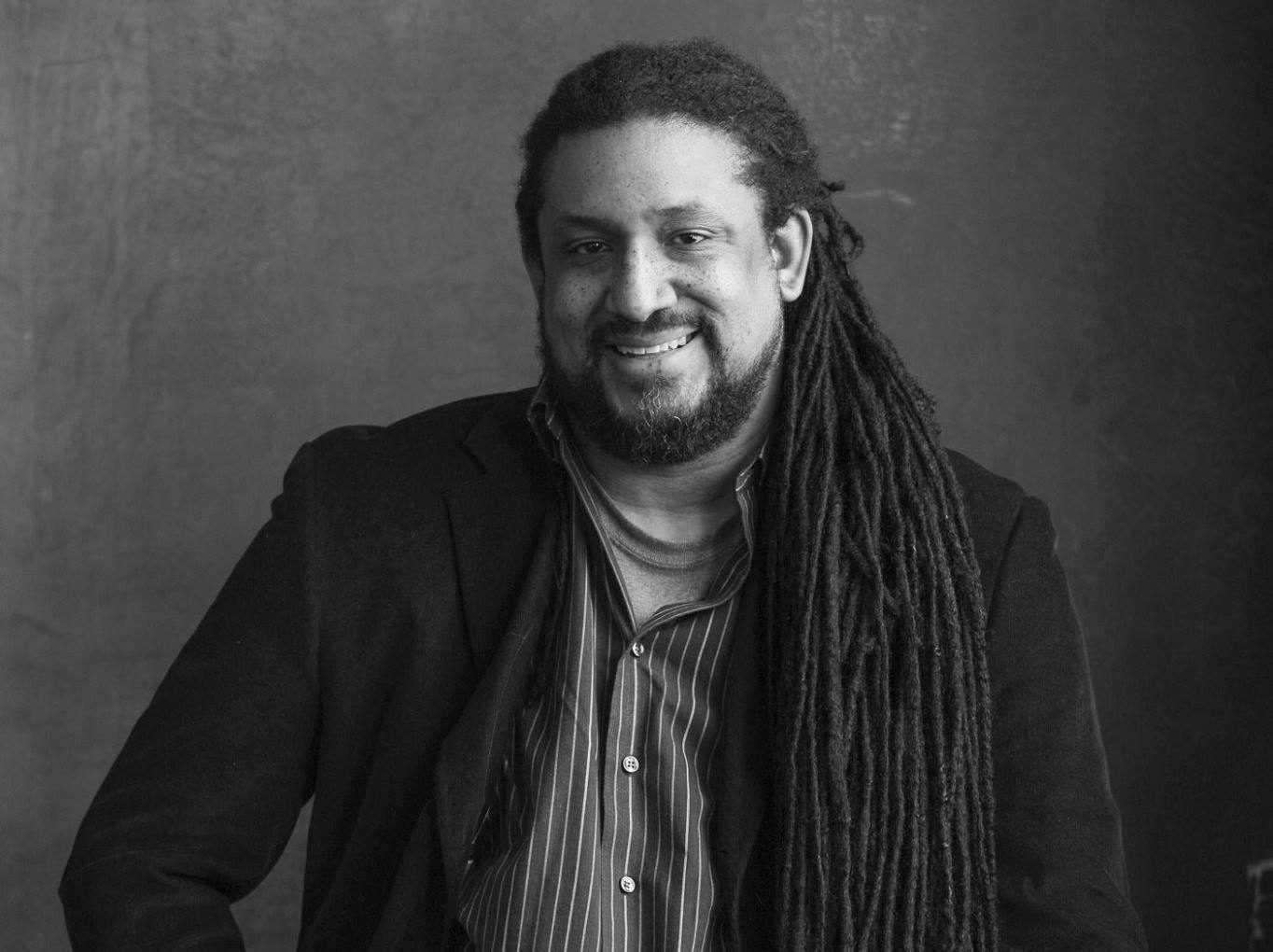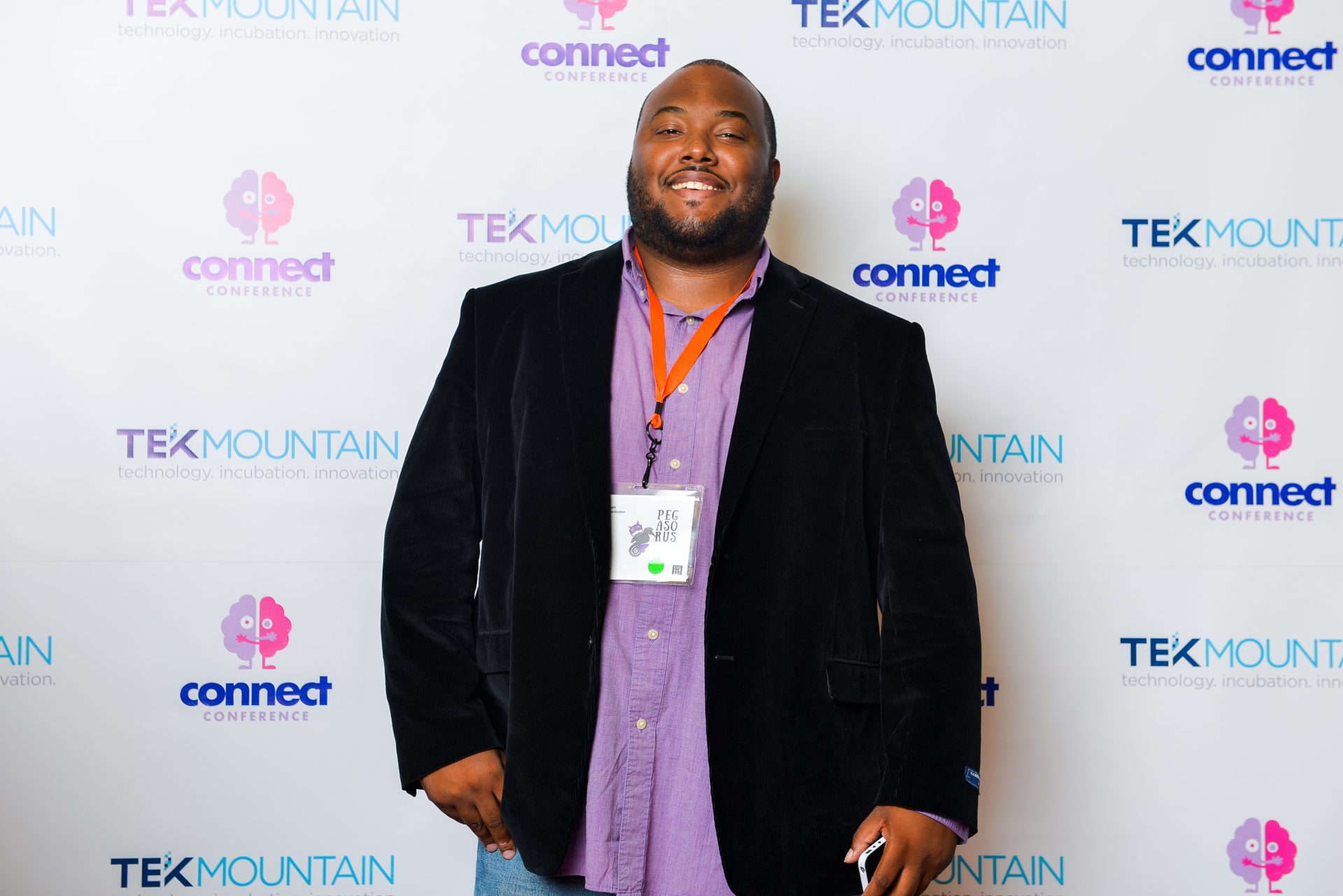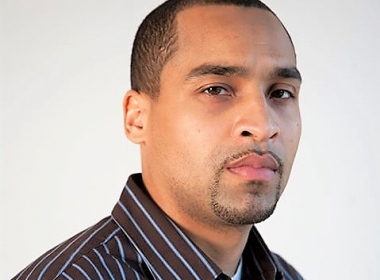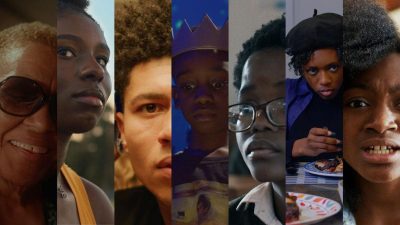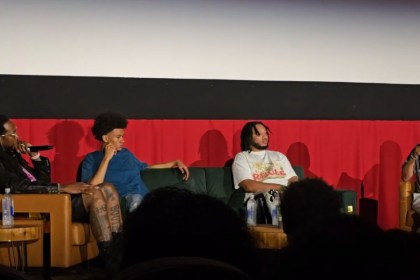
Students — especially African American students — have always been on the forefront of change. This is true of the Civil Rights Movement and the establishment of Black and ethnic studies on many American college campuses. The little-known story of the late ’60s grassroots struggle that led to the creation of departments of Black and ethnic studies played out at two centers of higher learning — San Francisco State and Cornell University. Filmmakers Frank R. Dawson and Abby Ginzberg combine first-person accounts of those who were there in a powerful documentary titled Agents of Change at this year’s closing of the Black Harvest Film Festival, Sept. 1, 2016.
From the beginning, students, particularly Black students, on college campuses were “agents of change,” why do you think that is?
Abby Ginzberg: Black students became agents of change at the universities because there were so many problems and so little attention paid to how to solve those problems for the students. At the beginning there were no Black studies department and as we say in the film, Cornell’s Black students couldn’t even find a decent radio station. Overall, university campuses were not used to dealing with either the expectations or the unique needs of Black students, so it really became necessary for the students themselves to become the catalysts for change. And this took place in the same era as the Black Power movement, which empowered Black students to take responsibility for their situation and change the things they knew could be changed.
Comparing 1967 to the present, do you think Black Student Unions on college campuses are still relevant?
Frank Dawson: Students on college campuses today are demonstrating in similar fashion to the way students demonstrated in the 1960s and 1970s. A major difference is that they do not know enough of the history of the struggles of the Civil Rights era to help inform their agenda. The persistence of racism today is in some ways more difficult to eradicate than in earlier years when the primary target was to change repressive legislation. I do admire the ability of many of the present Black Student Unions to form coalitions with other progressive groups, which was also a practice decades earlier.
Are Black studies still important?
FD: Black and ethnic studies programs are as important today as they were many years ago if our country is truly committed to an equitable society. Many of the existing divisions in America are rooted in ignorance and perpetuated through a web of misinformation. Peace will only come through understanding.
Do you think SF State and Cornell were unique because of the faculty and administrators?
AG: These schools were polar opposites of each other when it came to the faculty and administrations.
At SF State the faculty supported the students and even went out on strike with them, refusing to hold classes. The administration was completely reactionary as was the administration of Gov. Ronald Reagan who controlled the purse strings for the school.
At Cornell, the faculty was the conservatives and the administration was progressive. But in both cases I think it was the larger forces at play in society that led the students to make the demands that led to the confrontations. SF State and Cornell were unique in that they were well- publicized so that faculty and administrators at other campuses could look at these protests and try to find a way to keep them from coming to their campuses. Harvard created a Black studies program within a week or so of the Cornell protest seeking to avoid a similar confrontation. So these schools, along with others, paved the way for colleges across the country to create Black studies programs without four-month student strikes or other disruptions. Each college has its own unique set of pressures and possibilities and what SF State and Cornell did was show that students would keep the pressure on until their demands were met. These were demands whose time has come and both faculty and administrators were going to be tested at campuses across the country. Neither SF State nor Cornell provided a road map for how to resolve these issues but they presented a picture of the potential risks if the students’ demands were not taken seriously.
Agents of Chicago: Black Students and the Transformation of the American University, Thursday, Sept.1, 2016, Black Harvest Film Festival, Gene Siskel Film Center, 164 N. State St.

